
Tourette syndrome is a condition manifesting through tics which can vary, are repetitive, stereotyped and involuntary. The condition was first noticed on a 86-year-old French woman in 1885. Commonly, symptoms of Tourette syndrome get displayed in early childhood, between the age of 7 and 10. The condition affects people of all nationalities and ethnic backgrounds, predominantly males.
Facts about Tourette Syndrome
Today, about 200,000 Americans suffer from a serious form of this condition while about 100 are suffering from less severe form of the disease, experiencing only vocal or motor tics or having tics which go away when they grow older.
Basically, Tourette syndrome may stay with a person for the rest of his/her life, getting much worse in early teens, becoming bearable in late teens and returning severely during adulthood.
Signs of Tourette Syndrome
As it was mentioned above, tics are the main manifestations of this condition. Yet, there are two major types of tics, simple and complex.
Simple tics engage only certain muscles on the body of the sufferer. Thus, these might manifest through facial grimaces, visual tics like blinking, shoulder shrugging, head jerking etc. Also, throat clearing, sniffing or producing certain abnormal sounds are considered to be some of simple tics as well.
On the other hand, complex tics take place through a combination of movements and different muscle groups, with several simple tics appearing at the same time or in a pattern. So, a complex tic may be represented by a sound released while a Tourette syndrome patient is jerking his/her head as well. Sniffing or touching objects, making supposedly purposeful movements, jumping, bending and other such actions belong to the list of complex tics too.
As for complex vocal tics, these do not involve a production of inarticulate sounds, but, rather, whole words or phrases like swearing. Additionally, some patients may hit themselves due to a motor tic. Sometimes, patients may be capable of sensing an onset of a tic, reacting timely and possibly preventing it.
With some patients, tics appear during stressful events and may need to be repeated in order for the person to calm down. Alternatively, certain situations such as wearing tight ties or hearing other people produce sounds such as sniffing, throat clearing or coughing, may lead to mimicry of the tics or an onset of a different tic.
Treatment for Tourette Syndrome
Usually, this syndrome is not treated with medications. Nevertheless, if the symptoms interfere with normal functioning of the patient, medications may be necessary. However, since medications such as neuroleptics trigger withdrawal effects when one stops taking them, the cessation of medication therapy should happen gradually.
SSRIs are yet another type of medications for Tourette syndrome, being suitable for patients who additionally suffer from disorders such as ADHD. Finally, psychotherapy is very useful when it comes to learning how to cope with this condition and function normally.





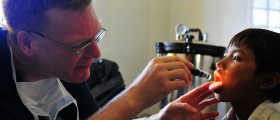

_f_280x120.jpg)


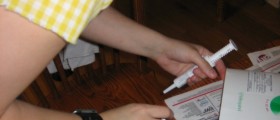
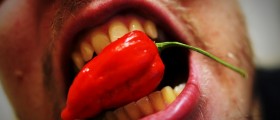



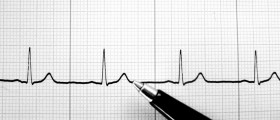
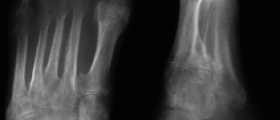
Your thoughts on this
Loading...